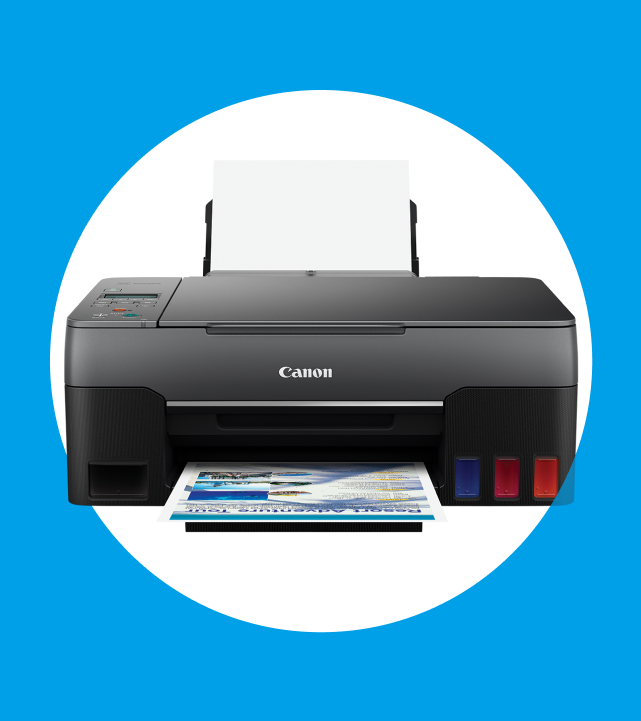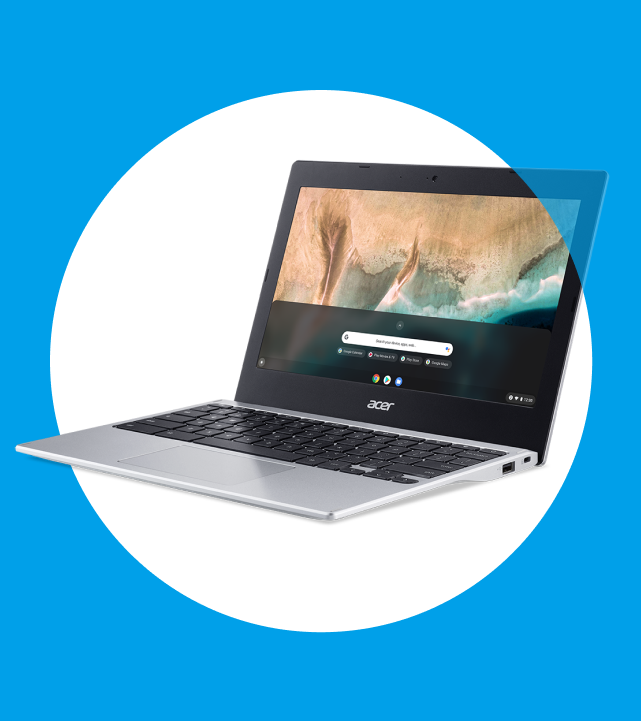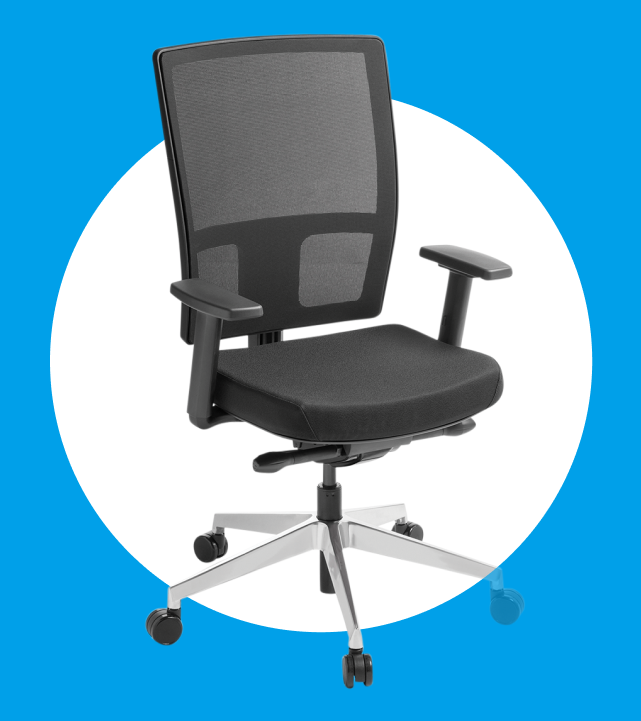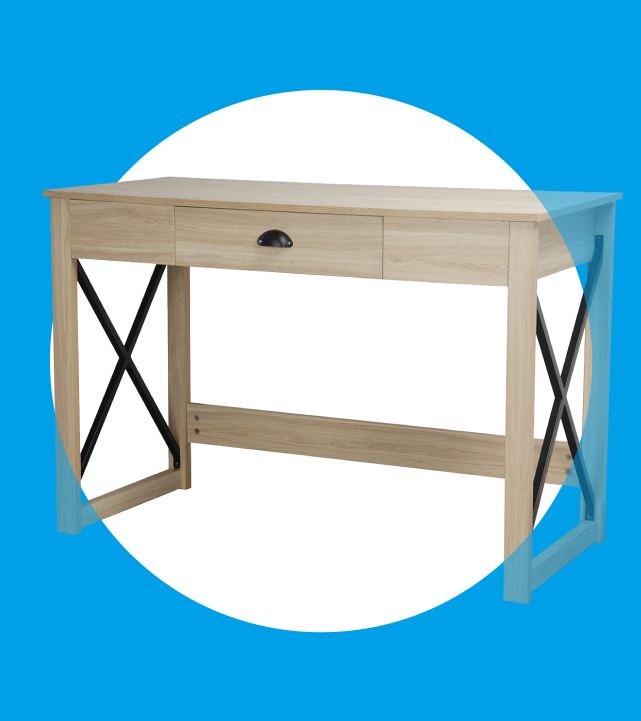Climate action is everyone’s (good) business.
Climate change is the biggest business challenge and opportunity of our time.
Kiwi businesses large and small are being asked to reduce emissions and build a sustainable future – not only for our economy but for us, our children and grandchildren too. To have a chance at keeping the impacts of global warming to a minimum, we’ll all have to do our bit to reduce carbon emissions.
But most of us are busy with work, business, bringing in sales, and balancing the books, much less keeping up with family, friends and having a life too!
So why take on climate action as well?
Well basically, doing good is good business. Countless studies have shown that companies that lead in sustainable action outperform their competitors financially, but there are some key other reasons to cut your carbon emissions as well.
First, it’s a great way to stand out in the market. Large buyers like councils and corporates are increasingly asking their suppliers to prove their sustainability credentials and what they are doing to reduce their impact, and factoring carbon emissions into tendering decisions.
A lot of this is being driven by pressure from their customers, who are wanting to spend their (green) dollar on products or services which are generated from a sustainable and transparent supply chain. In the latest Colmar Brunton Better Futures report, 48% of respondents said they had deliberately switching to a brand or service provider that was more sustainable.
It’s also going to help you balance those books – measuring your carbon emissions helps you identify opportunities for cost savings and efficiencies. Even small initiatives, like changing your lightbulbs to LEDs are going to have an overall impact on your bottom dollar.
Second, It’s easy to consider climate change someone else’s problem, but it’s the responsibility of all of us to make a difference – and realise the cost savings benefit. And it doesn’t have to be hard.
Here’s how to get started:
- You can’t manage what you don’t measure! Measure your carbon footprint with a free online calculator, like Toitū Envirocare or the Ministry for the Environment. It’s helpful to have your energy bills, petrol receipts and flight records at hand.
- Identify the quick wins and realise cost savings. Change to LED lighting, and turn off lights and appliances when they are not being used (particularly overnight). Change to an electricity supplier powered by renewables, or certified Toitū carbonzero, like Ecotricity.
- Organisational waste has a cost and a carbon footprint. Aim to recycle or compost as much as you can. If your suppliers send you loads of unnecessary packaging, send it back and ask them to stop using unrecyclable products like polystyrene.
- Reconsider your travel policies and prioritise video conferencing or online meetings. If air travel is essential for your work, combine trips to reduce overall flights. Costs saved through reduced air travel can be the starting point for bigger investments, like an electric vehicle.
- Be innovative and think outside the square for the bigger challenges, like freight. Significant emissions and costs can be saved by shipping instead of air, maximising container usage, or sending freight directly to site rather than through a depot.
- Most importantly, tell everyone about it. Customers and buyers want to support businesses who are taking responsibility for their environmental footprint and being authentic about it. Take them on the journey with you, celebrate your success, and build sustainability into your business processes and brand message.
If you want to see more good examples visit the case studies on Toitū Envirocare’s website. The Warehouse Group (including Warehouse Stationery)has partnered with Toitū to support our sustainability and to support you our customers on your journeys – you may see them at a store near you soon.



